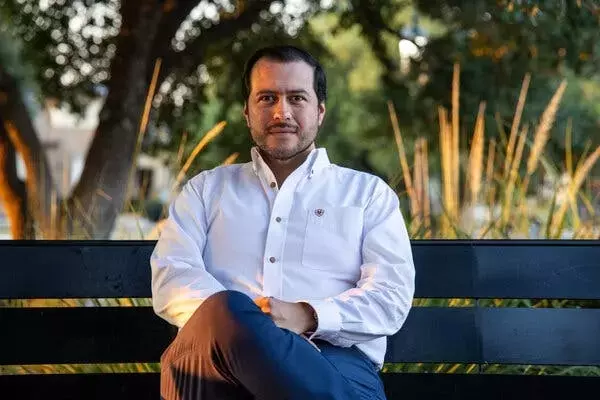




The Battle for Texas: Redrawing Lines, Reshaping Power
The Strategic Importance of Border Towns in Texas Politics
The quiet border communities of South Texas, such as Laredo, despite their geographical distance from political hubs like Austin, are at the epicenter of a significant partisan struggle. Republicans are actively working to transition five U.S. House seats in the region from Democratic to Republican control, aiming to capitalize on shifting political alignments.
Voter Sentiment: A Mixed Signal for Republican Hopes
The Republican strategy is largely predicated on the expectation that increased Hispanic support for their party, observed in the 2024 elections, will endure through the 2026 midterms. However, recent conversations with South Texas voters reveal a more nuanced picture. Many, including those who previously supported the Republican presidential candidate, are expressing disillusionment. Issues such as fluctuating trade policies, rising living costs, and the perceived disrespect from aggressive immigration enforcement actions are causing a sense of betrayal among some who felt their interests were misrepresented.
Economic Realities and Shifting Allegiances Among Hispanic Voters
Polls confirm this emerging trend, indicating that a significant portion of Hispanic voters who supported the Republican presidential candidate in 2024 are not guaranteed to support Republican candidates in 2026. Economic concerns, particularly inflation and a slowing job market, are weighing heavily on these voters. This economic pressure is leading to growing discontent, which could undermine Republican efforts to solidify their gains in historically Democratic areas.
The Democratic Perspective: Anticipating Backlash
Democratic representatives in South Texas acknowledge the challenges but express confidence that the Republican redistricting plan may backfire. They anticipate a backlash from voters once the full impact of proposed Republican policies, such as cuts to essential social programs, becomes evident. Despite the recent electoral inroads made by the Republican presidential candidate in 2024, Democrats believe that the local political dynamics and long-standing community ties will ultimately favor their candidates.
The Unpredictable Nature of Redistricting Outcomes
Redrawing electoral maps is inherently complex, and the intended outcomes are not always guaranteed. Even though Republicans aim to create districts with Hispanic majorities, assuming this will translate into Republican votes, some incumbent Democrats believe the new boundaries could inadvertently strengthen their positions. Factors like candidates' local connections and a distinction in voters' minds between supporting a national figure versus local Republican candidates could lead to unexpected results.
The Personal Impact of Political Decisions on Residents
Beyond the broader political strategies, the real-world consequences of these policy changes are deeply felt by individuals. For many, economic hardships and concerns over immigration policies directly impact their daily lives and future security. This personal experience of policy effects shapes their political choices, sometimes leading to regret over past votes or a firm commitment to future political action.
Challenges to Sustained Republican Support in the Region
Despite increased support for the Republican party's national candidate in 2024, the path to securing long-term Republican dominance in South Texas remains uncertain. Local election results show that support for the Republican party's national figure does not always translate to local or state-level Republican candidates. The nuanced political leanings of the Hispanic community, coupled with their concerns about specific policies like immigration enforcement, pose significant challenges to the Republican party's broader ambitions in the region.
Future Contests: Seniority, Representation, and Local Allegiances
The upcoming elections in newly redrawn districts are set to be fiercely contested. Democratic incumbents, many with established records and seniority in Congress, are seen by some voters, including Republicans, as crucial for ensuring effective representation and securing resources for their communities. This preference for proven leadership and local benefits over strict partisan alignment adds another layer of complexity to the electoral landscape, suggesting that the battle for South Texas will be fought on multiple fronts beyond just party lines.
